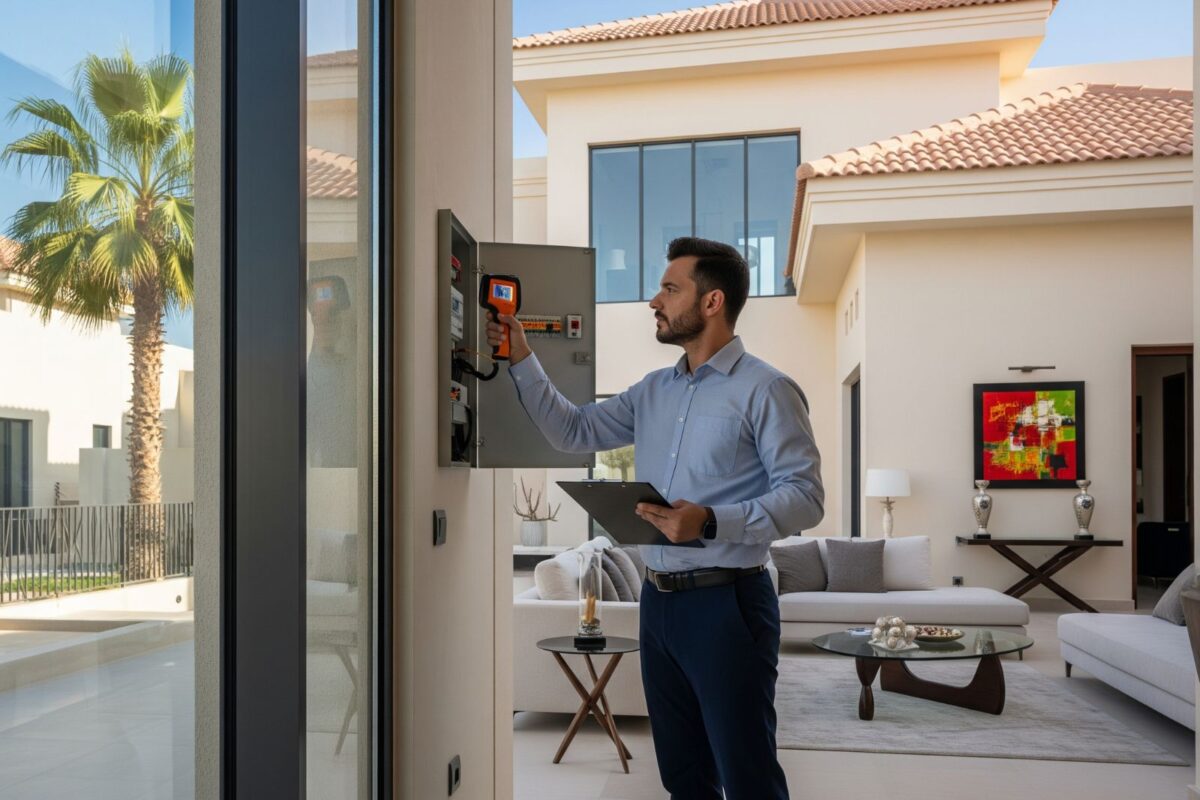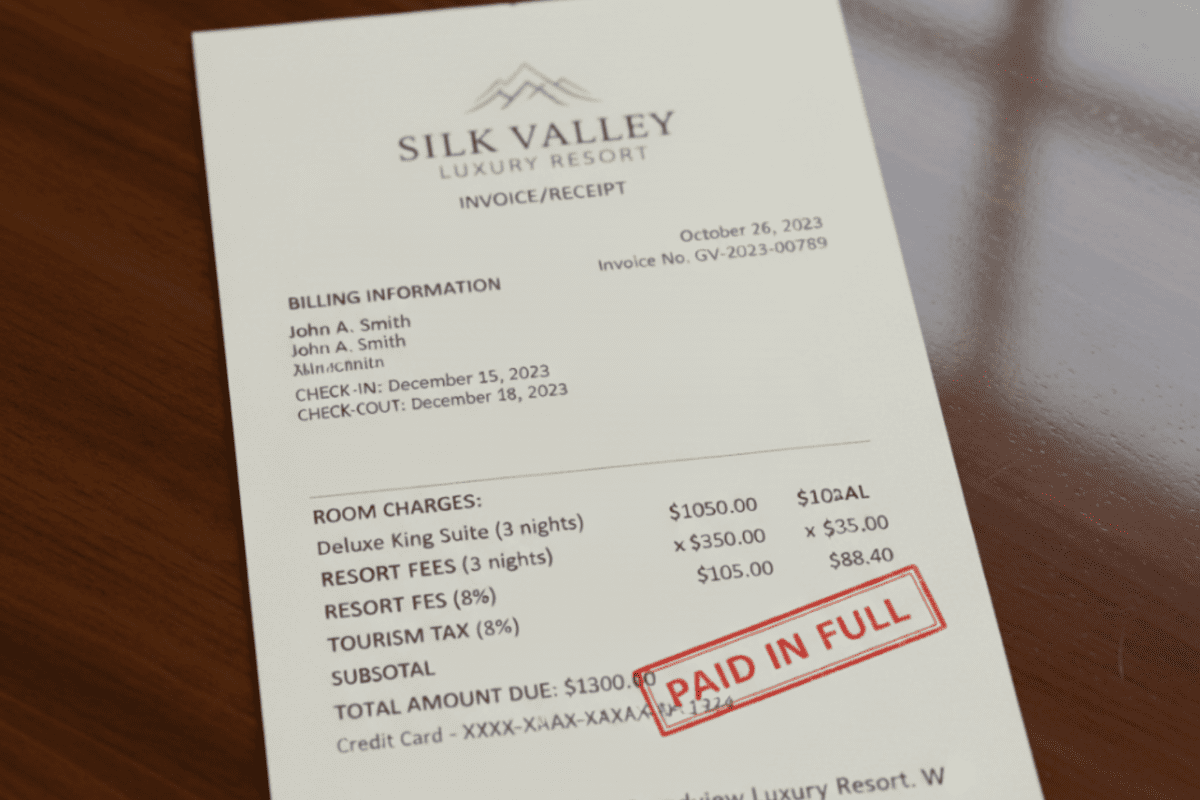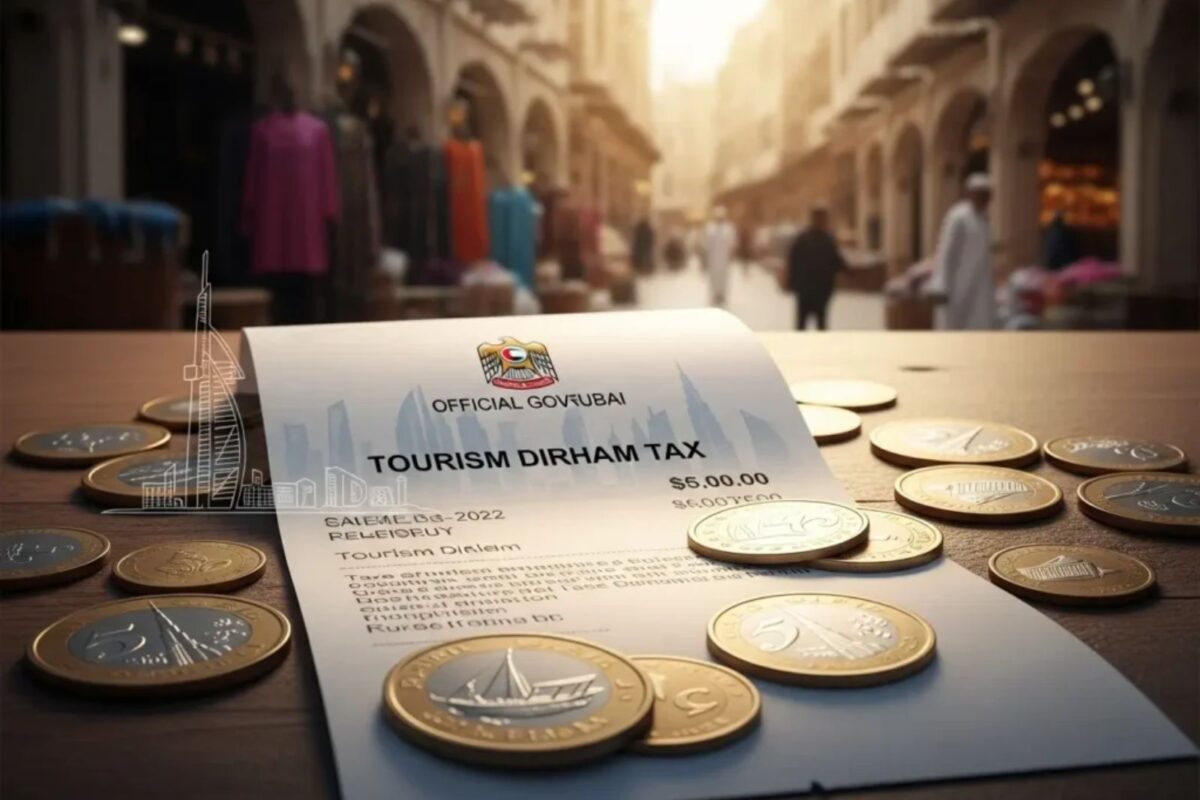Dubai Holiday Homes Regulations for Property Owners – 2025 Complete Guide
Dubai has become a global hub for tourism and luxury real estate, attracting millions of visitors every year. With the surge in demand for holiday homes dubai, property owners have a unique opportunity to earn high rental income.
However, operating a holiday home in Dubai comes with strict regulations enforced by the Department of Tourism and Commerce Marketing (DTCM). Non-compliance can result in fines, license revocation, or even legal disputes.
This guide provides in-depth knowledge for property owners about 2025 holiday homes regulations, licensing, occupancy rules, safety standards, taxation, and best practices to legally and profitably run a short-term rental in Dubai.
1. Licensing: The Foundation of Legal Operations

Before listing any property as a holiday home, owners must obtain a short term rentals dubai license from DTCM. This is non-negotiable for legal operation.
Requirements for DTCM holiday homes license:
- Proof of ownership or management agreement.
- Accurate property details: type, size, number of bedrooms, and location.
- Compliance with safety and hygiene standards (fire alarms, emergency exits, clean water supply).
- Payment of applicable registration fees.
Why It Matters:
- Only licensed properties can be legally advertised on platforms like Airbnb, Booking.com, or local agencies.
- Guests are legally protected, which improves trust and booking rates.
- Licensed properties enjoy priority listings and DTCM support for disputes or compliance issues.
Pro Tip: Silk Valley Holiday Homes manages licensing for property owners, ensuring smooth, DTCM-compliant listings without hassle.
2. DTCM Holiday Home Registration and DTCM Permit Process

The DTCM registration process ensures your property meets Dubai’s hospitality standards.
Step-by-Step Process for Owners:
- Submit property details: including floor plan, photos, and amenities.
- Safety verification: confirm fire safety, emergency exits, and first aid.
- Facility standards check: fully functional kitchen, bathroom sanitation, and ventilation compliance.
- Obtain a short-term rental license: valid for 1 year, renewable annually.
- Display license number on listings (mandatory for platforms and direct booking websites).
Benefits:
- Avoid fines or legal disputes.
- Ensure high guest confidence and repeat bookings.
- Align with 2025 Dubai tourism growth strategy.
3. Occupancy Guest Limits, Rules and Regulations

DTCM strictly regulates the maximum occupancy per property:
- Each bedroom has a defined number of allowed guests.
- Children are counted as guests.
- Adding extra unregistered guests violates regulations.
- Owners must accurately list occupancy limits on all booking platforms.
Why it matters:
- Non-compliance can result in fines, license suspension, or eviction of guests.
- Transparent occupancy rules build guest trust and reduce complaints.
Pro Tip: Consider flexible layouts, extra beds, or foldable options within allowed limits to increase booking flexibility while remaining compliant to holiday homes regulations.
4. Safety and Facility Standards

Safety compliance is a core requirement for DTCM licensing.
Holiday home operators in Dubai follow strict regulations to keep properties safe, comfortable, and guest-friendly. Their main responsibilities include:
Fire Safety & Hygiene – Operators must ensure proper fire safety systems, cleanliness, and hygiene standards so that guests feel secure and comfortable.
Regular Maintenance – From electrical fittings to furniture and appliances, the property must be well-maintained at all times.
Reporting Guest Details – As per Dubai law, guest information has to be reported to the authorities for security and compliance.
Providing Promised Amenities – Every facility mentioned in the license or booking details should be available and functional during the stay.
5. Payment, Fees, and Transparent Policies

Dubai Tourism (DTCM) requires all holiday home operators to follow strict financial transparency standards. This ensures guests understand exactly what they are paying for, how cancellations work, and how refunds are processed. Whether booking a luxury villa or a serviced apartment, travelers should be aware of the payment rules that govern holiday homes in Dubai.
Best Practices for Owners:
- Provide detailed invoices.
- Include all fees in the booking platform or website listing.
- Offer flexible cancellation and refund options to attract more bookings.
Pro Tip: Properties managed by Silk Valley include all fees upfront, ensuring compliance to Holiday Homes Regulations and higher guest trust.
6. Platforms, Marketing, and Legal Compliance

Many guests book through global platforms like Airbnb and Booking.com, but Dubai’s Holiday Homes Regulations still apply regardless of where the reservation originates. It is essential for guests to ensure that the property they select is legally licensed through DTCM, as platforms are not responsible for enforcing local government rules.
When listing on platforms like Airbnb, Booking.com, or VRBO:
- Confirm the property is licensed by DTCM.
- Use accurate photos, descriptions, and occupancy limits.
- Avoid advertising unlicensed properties platforms may block listings, and guests could be penalized.
Direct Booking:
- Managing your own booking system through licensed operators like Silk Valley ensures full DTCM compliance.
- Provides more control over pricing, policies, and guest management.
7. Taxes and Fees

As a dubai vacation homes owner, understanding and complying with government-imposed taxes and fees is critical for operating legally and maintaining a successful short-term rental business. One of the key obligations is the Tourism Dirham Fee, which must be collected for every overnight stay and remitted directly to Dubai Tourism (DTCM). This fee varies depending on the property type and number of nights, and failing to collect or report it can result in fines or even suspension of your DTCM permit.
Proper management of taxes and fees also helps protect your business reputation. By including these charges transparently in your pricing structure, you avoid disputes with guests and ensure your property remains competitive in regulated short term rentals dubai market. Licensed operators like Silk Valley Holiday Homes assist owners in accurately calculating, collecting, and remitting the Tourism Dirham Fee, ensuring full compliance with all holiday homes regulations.
In addition to legal compliance, properly managing taxes demonstrates professionalism and reliability. Guests increasingly look for properties that are licensed, transparent, and fully compliant, and owners who adhere to these regulations benefit from higher booking confidence, positive reviews, and long-term business sustainability.
Pro Tip for Owners: Including taxes and fees in the nightly rate simplifies bookings and improves guest trust
8. Best Practices for Property Owners

- Always maintain a valid DTCM license.
- Conduct regular safety inspections to comply with regulations.
- Clearly communicate occupancy limits and rules to guests.
- Provide transparent pricing with all taxes and fees disclosed.
- Work with licensed operators like Silk Valley Holiday Homes for property management.
Result: Higher occupancy, better reviews, and fewer compliance risks.
9. Why Partner with Silk Valley Holiday Homes

Silk Valley Holiday Homes is a trusted partner for property owners, offering:
- End-to-end DTCM licensing support
- Listing management on multiple platforms
- Guest communication, cleaning, and maintenance services
- Full compliance with 2025 holiday homes regulations
- Partnering with Silk Valley reduces legal risks and maximizes rental revenue while maintaining high-quality guest experiences.
Contact us to List your holiday home with Silk Valley Holiday Homes today and operate fully legally and profitably in Dubai.
Conclusion
For property owners in Dubai, understanding holiday home regulations in 2025 is essential for legal, safe, and profitable operations. From licensing, occupancy limits, and safety standards to transparent fees and tax compliance, adhering to DTCM rules ensures peace of mind, higher occupancy, and trust from guests.
Partnering with Silk Valley Holiday Homes allows owners to focus on maximizing revenue while leaving compliance, guest management, and operational details to experts.
Frequently Asked Question
No. All short-term rentals must be licensed; unlicensed rentals are illegal.
Typically one year; it must be renewed annually.
Yes, DTCM can issue fines, suspend your license, or penalize your property.
No. Airbnb and other platforms now require DTCM license verification for Dubai listings.
Yes, each property offered as a holiday home requires its own DTCM license.
Yes, properties must have valid insurance covering short-term rental activities.
Common documents include property title deed, tenancy contract, passport copies, insurance certificate, and proof of safety compliance.
The process usually takes 2–4 weeks, depending on documentation, property inspection, and compliance verification.
Yes, DTCM specifies maximum occupancy limits based on the property size and type.
A DTCM e-permit is a digital permit issued online for smaller or short-term tourism-related events, allowing faster approval and verification through the DTCM portal. A regular permit is the traditional, often paper-based permit used for larger events, exhibitions, or activities requiring more extensive regulatory checks. The e-permit streamlines the process, while the regular permit involves manual approvals and longer processing times.
Applying for a DTCM e-permit is a fully digital process. The main steps include:
- Create an account on the DTCM portal.
- Select the type of event or activity you wish to conduct.
- Submit required documents, such as a valid trade license, venue details, and event plan.
- Pay the applicable fees online.
- Receive approval and the e-permit digitally, usually within a few days, which can be downloaded or accessed via a QR code for verification.
- Display the e-permit during the event for compliance checks.
The e-permit process is designed to be faster and more streamlined than traditional permits, reducing paperwork and manual approvals.
We manage licensing, property inspections, listings, guest support, and all DTCM obligations.
